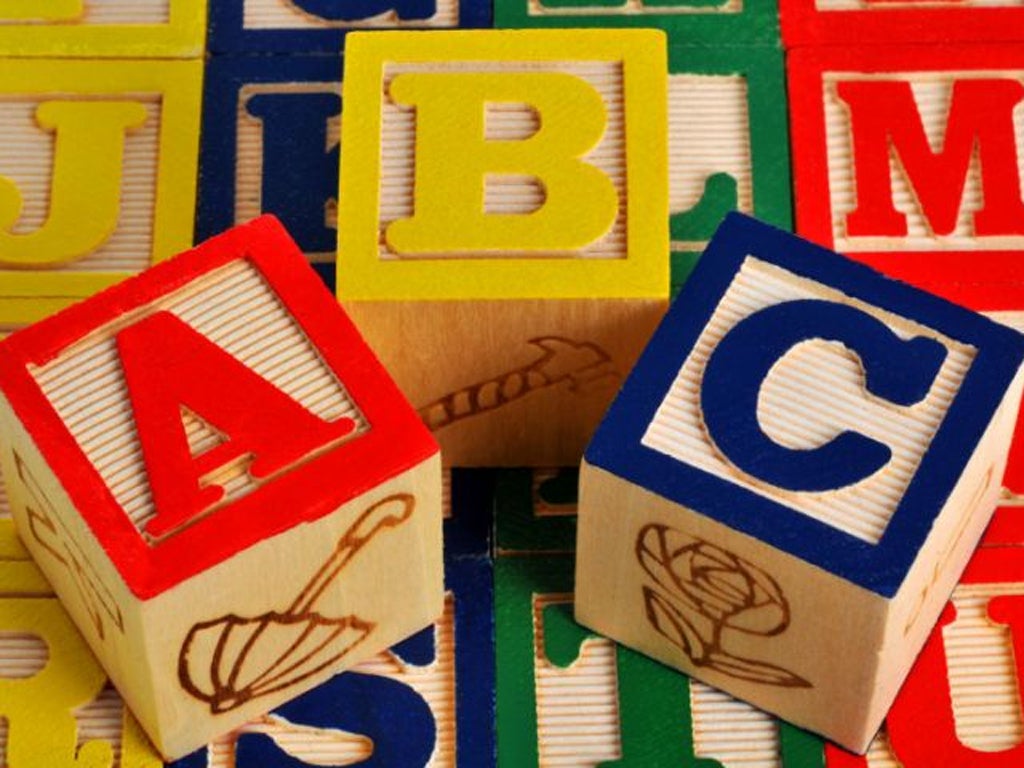Life ends at 45... Study reveals when our mental powers start to diminish
Huge survey carried out on Whitehall civil servants shows our brains peak earlier that we think

Hone those chess skills, pick up that crossword and solve the sudoku – a major study has found that our brains start deteriorating at the age of 45 – more than a decade earlier than had been thought.
Previous research had suggested that cognitive performance – memory, reasoning and comprehension skills – did not begin to decline until the age of 60.
But if the earlier onset is proved it could be a warning signal about dementia, which is set to become the major health challenge of the 21st century. Studies have linked modest differences in cognitive performance in early life with increased risk of dementia.
The study, conducted among Whitehall civil servants over a decade, found that among those aged 45-49 at the start there was a 3.6 per cent decline in mental reasoning in both sexes over the next ten years. Among those aged 65-70, the decline increased to 9.6 per cent among men and 7.4 per cent among women over the following decade.
Performance in reasoning, memory and verbal fluency were all affected. But vocabulary, which is known to be little influenced by age, was unaffected.
Participants were tested on their reasoning power with 65 questions involving multiplying two figures, completing a pattern or filling in a word sequence. They had 10 minutes, with the best getting all 65 questions right.
Two types of verbal fluency were tested by asking them to name all the animals they could think of in one minute and all the words beginning with "S". The top scores were 36 animals and 32 "S" words.
On memory they listened to a list of 20 words and had to recall as many as possible in one minute. The maximum score was 18. Archana Singh Manoux, who led the study by the Centre for Research in Population Health in France and University College, London, said: "Cognitive performance is complex. It is a combination of knowledge and speed. If you are looking for words but it takes you 10 minutes it is not much use."
The results demonstrated the importance of acting early to ward of premature mental decline. Diet, smoking, physical exercise were all important, she said, because emerging evidence showed "what is good for our hearts is also good for our heads".
Leisure activities also mattered. "If you play chess and can plan six moves in advance then you are probably going to be all right," Ms Manoux said.
The findings in the British Medical Journal, show a significant decline on all tests, except vocabulary. Although the decline was most marked in reasoning, it might turn out that memory decline was more significant in the development of dementia, she said.
She added: "There is a lot of research going on into Nintendo games for the elderly. The findings so far are inconclusive but that might be because the participants are too old and should start at a younger age."
In the BMJ, Francine Grodstein, of the Brigham and Women's hospital in the US, says the study has "potentially profound implications" for dementia by indicating that efforts to prevent it may need to begin in adults as young as 45.
Are you smarter than a 45-year-old? Take the test
1. Easy means the opposite of: Problem, simple, difficult, always, cannot.
2. 15 35 55 75 95: What number comes next?
3. Seed is to plant as egg is to: tree, bird, pollen, oats, potato.
4. Here are three figures, 234. Divide the biggest figure by the smallest and add the result to the figure printed immediately after the smallest figure.
5. Right means the opposite of
Action, good, careless, wrong, motive.
6. 1, 2, 3, 4, 5, 6, 7, 8, 9. Add the first five figures together and subtract them from the sum of the last four.
7. Army is to Navy as soldier is to: airman, sea, service, sailor, uniform.
8. If castle is bigger than cottage, write down the second of these figures: 1, 2, 3, 4, 5, 6, 7, 8, 9. If it is not, then write down the sixth.
9. 1/2, 1/3, 1/4, 1/5, 1/6. What number comes next?
10. If G is the seventh letter of the alphabet and Wednesday is not a month of the year, divide 63 by 7. Otherwise subtract 3 from 5. Write down your answer.
11. Here are three figures: 672. Add the largest two figures and divide the total by the smallest figure.
12. Sky is to ground as ceiling is to: roof, down, floor, rug, high.
13. If 8 is more than 3, write down 7, unless 3 is more than 7, in which case write 8.
14. When is to where as time is to: how, why, space, length, relativity.
15. 0.9, 1.1, 1.3, 1.5, 1.7. What comes next?
Answers
1. Difficult; 2. 115; 3. bird; 4. 5; 5. wrong; 6. 15; 7. sailor; 8. 2; 9. 1/7; 10. 9; 11. 6.5; 12. floor; 13. 7; 14. space; 15. 1.9.
Subscribe to Independent Premium to bookmark this article
Want to bookmark your favourite articles and stories to read or reference later? Start your Independent Premium subscription today.

Join our commenting forum
Join thought-provoking conversations, follow other Independent readers and see their replies